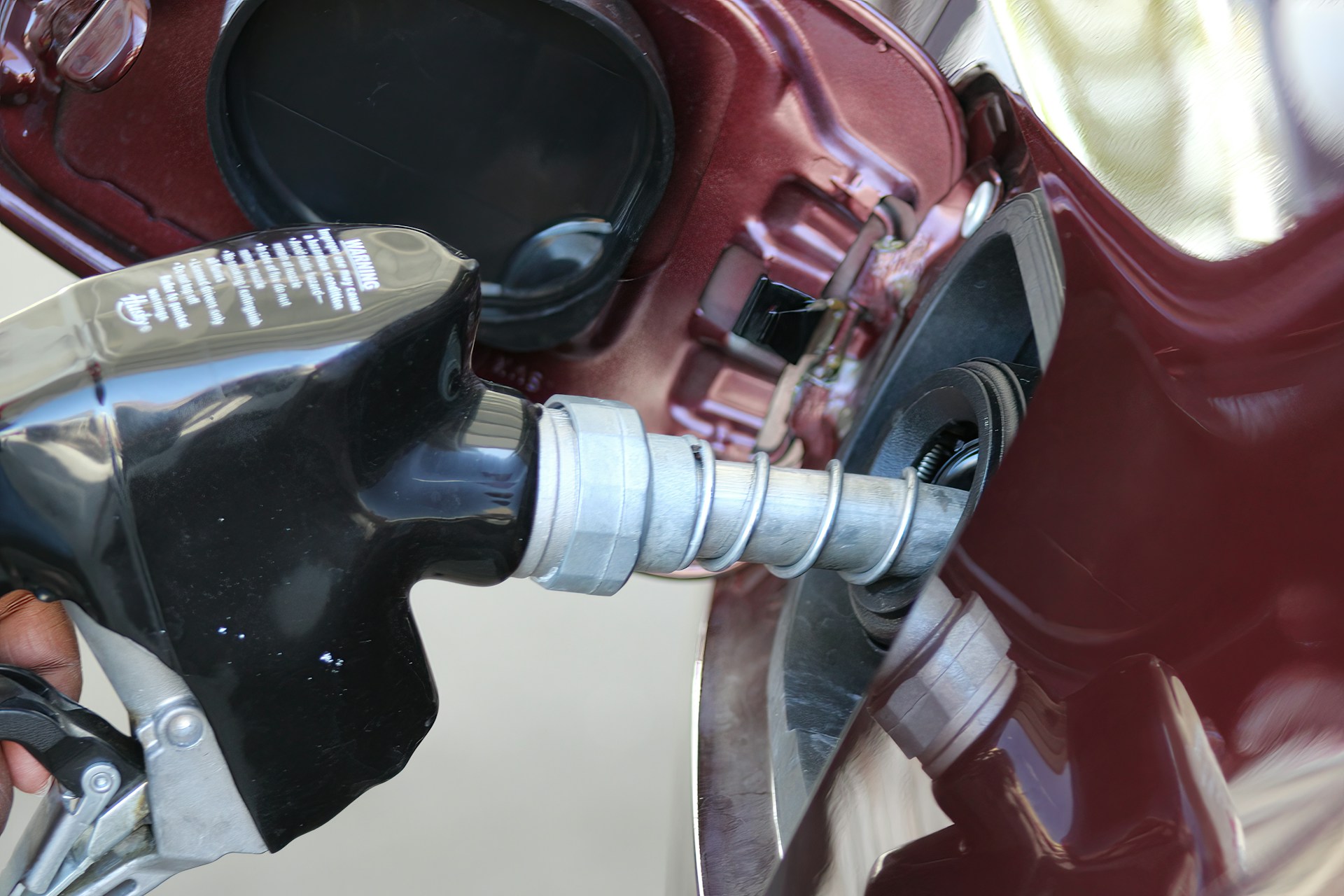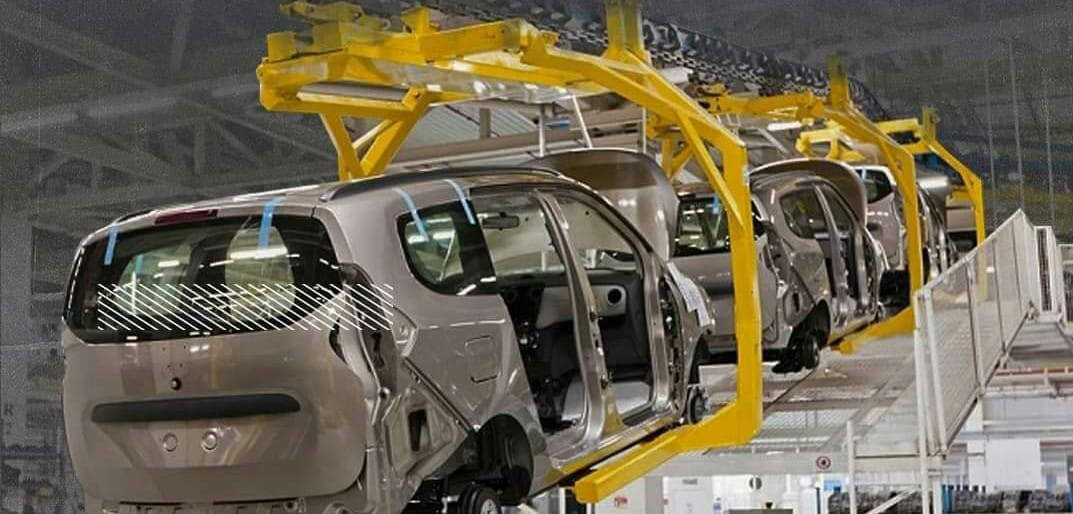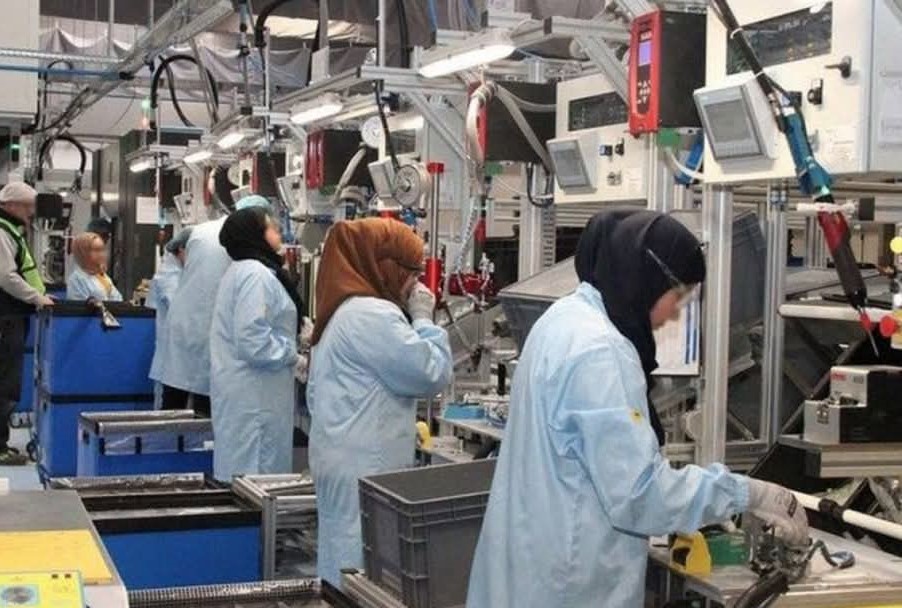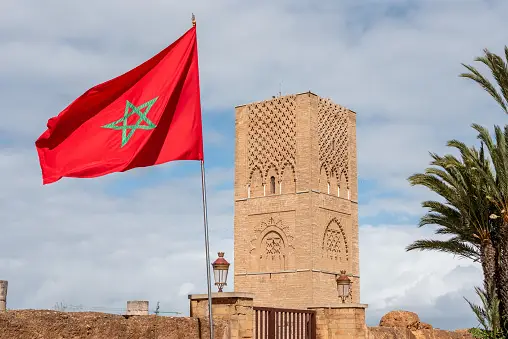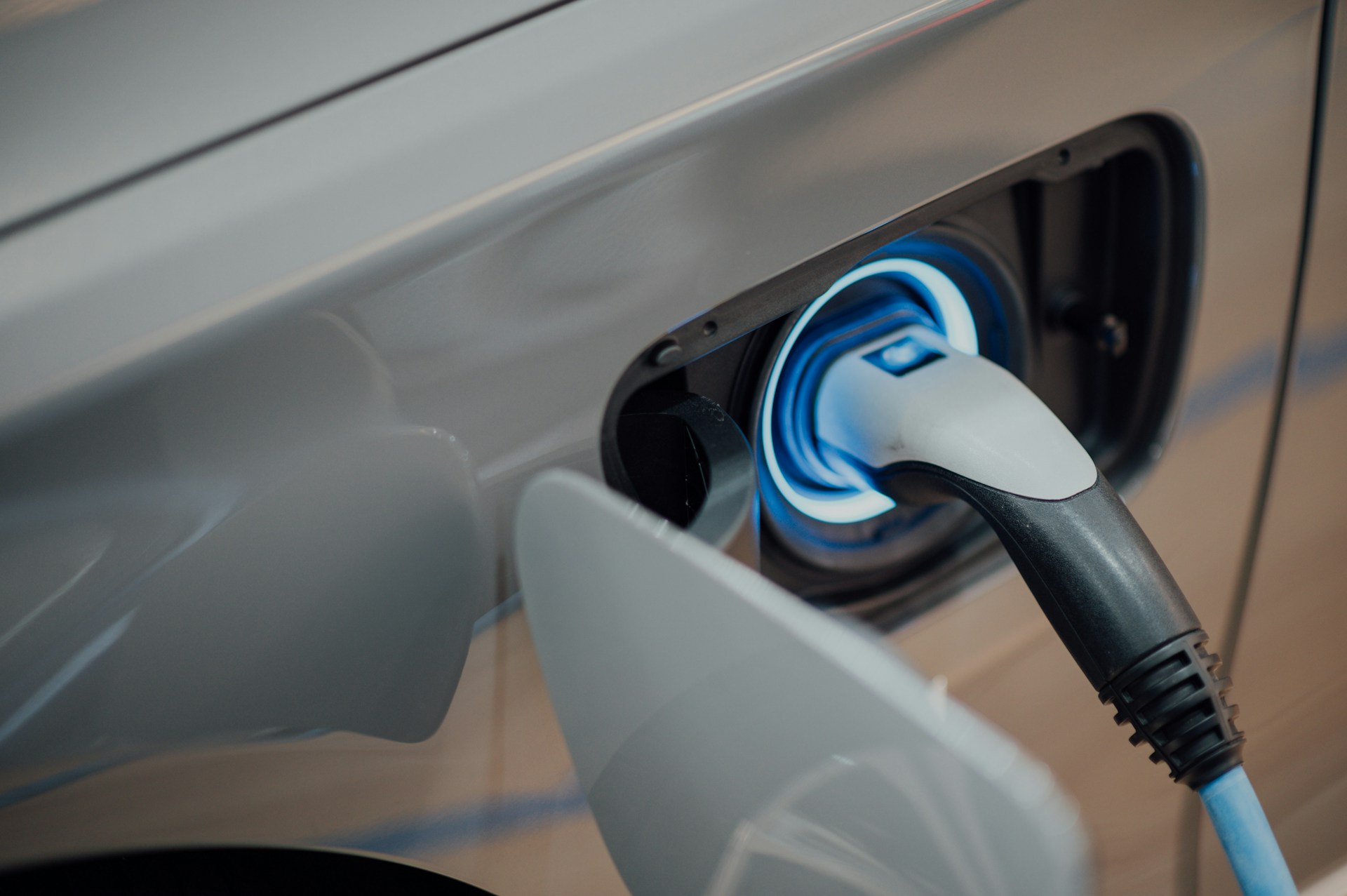Casablanca – Morocco’s fuel and gas storage capacity has become a growing concern as fluctuations in international prices continue to impact the domestic market. Zineb El Adaoui, the President of the Court of Auditors, addressed these challenges on Wednesday during a joint parliamentary session, highlighting the need for better management and monitoring of reserve stocks.
El Adaoui emphasized that Morocco’s energy sector, particularly the petroleum and natural gas components, requires immediate action to strengthen its stock management systems. She noted that since the adoption of the National Energy Strategy (SEN) in 2009, fuel reserves have consistently fallen short of the target set for 60 days. In 2023, the reserve levels for key products—diesel, gasoline, and butane gas—were found to be significantly lower, with stock levels at 32, 37, and 31 days, respectively.
This shortfall has raised alarms about Morocco’s ability to buffer against global price shocks, which have been a major concern for the government and citizens alike. According to El Adaoui, the existing stock management mechanisms are insufficient to mitigate the effects of these fluctuations, calling for the urgent establishment of more robust systems.
Limited diversification and challenges with infrastructure
In addition to storage issues, El Adaoui pointed to the limited diversification of import points for petroleum products as another challenge. Despite the National Energy Strategy aiming to broaden entry points for imported fuels, only one additional point of entry—at the Tangier Med port—has been added since 2009. This, she argued, limits the resilience of Morocco’s supply chain in the face of external disruptions.
Natural gas sector falling behind
The natural gas sector also faces significant hurdles, according to El Adaoui. While Morocco has made strides in diversifying its energy mix, the country’s efforts to develop a stable natural gas market have been stalled since 2011. Incomplete initiatives in this area have hampered progress, and Morocco’s plan to phase out coal in electricity production has been delayed as a result. El Adaoui called for the acceleration of these initiatives, underscoring the importance of a comprehensive and legally supported strategy to develop the natural gas market.
The need for a holistic energy planning vision
El Adaoui also underscored the importance of a more holistic and coordinated approach to energy planning. While the focus has primarily been on electricity and renewable energy, crucial aspects like energy security, efficiency, and diversification of energy sources have been overlooked. She argued that addressing these gaps is essential to securing Morocco’s long-term energy stability.
The Court of Auditors president also addressed the country’s lag in implementing energy efficiency measures. Despite efforts to make energy efficiency a national priority, Morocco has failed to develop a comprehensive strategy in this area. As a result, the country’s energy savings remain below expectations, with a rate of just 5.8%—well short of the 20% target for 2030.
A call for action
El Adaoui concluded by urging the government to fast-track solutions, particularly in terms of energy efficiency and fuel storage. Without decisive action, Morocco risks falling short of its ambitious energy goals and facing continued price instability that could have lasting economic impacts.
The need for improved storage systems and a more diversified energy strategy has never been more urgent. As Morocco moves toward its 2030 energy targets, the government must address these critical issues to ensure the country’s energy future remains secure.






